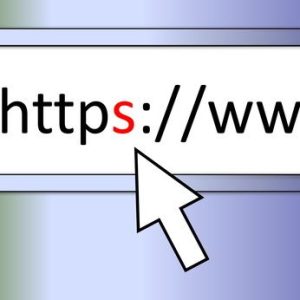
What is a Copyright?
According to the U.S. Copyright Office, “Copyright is a form of protection provided to the authors of ‘original works of authorship,’ including literary, dramatic, musical, artistic, and certain other intellectual works.”
The basis of the U.S. law is the Copyright Act of 1976, which gives authors of original works exclusive rights to the works and the option to grant usage rights to others. Generally, the rights include:
- Reproduction
- Development of derivative works
- Distribution
- Public display
As a side note, there is not a world-wide copyright, but many countries adhere to international copyright treaties and conventions for foreign works.
Can I Copyright My Entire Website?
Copyright registration is an option when protecting online works. Original work is copyrighted from the moment of creation, provided it’s fixed in tangible form. What does “fixed in tangible form” mean? This means that the work has to be documented or communicated in an observable way, either directly or through a machine or device. Some examples of fixed in tangible form include written on paper, saved on a hard drive, or captured on a recording device. Ideas, systems and methods cannot be copyrighted.
A website — graphics, content, visual elements — is copyrighted at the time of development. So putting the copyright notice on the bottom of a site states that the material displayed is not to be used without permission of the owner. In fact, you don’t even need the notice to claim copyright; the law eliminated the requirement of public notice in 1989.
Who Owns the Copyright if Nothing is Filed?
Generally, the creator owns the rights to the work, except in the case of a “work for hire” arrangement, such as an employer/employee relationship. If you’re a freelancer or business owner hired to create a specific work, you are considered the creator and retain all rights, unless you have a “work for hire” agreement with the client that grants ownership of the work. These details should be negotiated and outlined in your contract for every job so there is no question about ownership.

